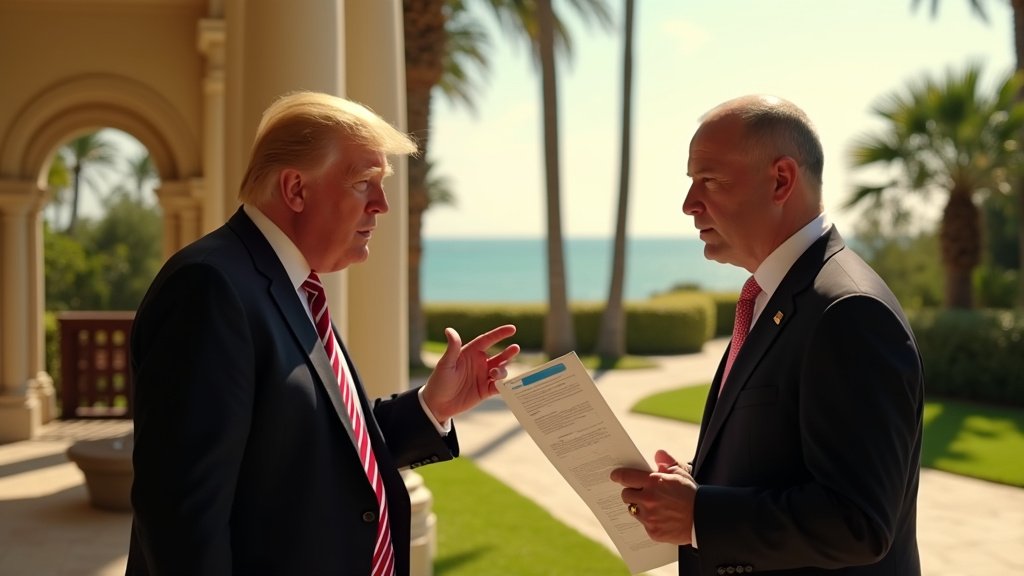In a significant development marking a turbulent period in international affairs, Japan’s Prime Minister Shigeru Ishiba has announced his resignation, just as Russia launched its most extensive drone and missile barrage to date against Ukraine, striking the capital Kyiv with unprecedented intensity. These concurrent events underscore a dynamic and often volatile global news landscape.
Japan Plunged into Political Uncertainty
Prime Minister Shigeru Ishiba confirmed his decision to step down on Sunday, September 7, 2025, less than a year after assuming office. His departure follows a series of crushing electoral defeats that have eroded the ruling Liberal Democratic Party’s (LDP) majority in both houses of parliament. Public discontent over rising living costs and economic challenges has been a significant factor contributing to the party’s woes.
Ishiba had faced mounting pressure from within his own party, particularly from conservative factions, to take responsibility for the election losses. He had initially resisted calls for his resignation, arguing against creating a political vacuum during a time of national and international challenges, including ongoing trade negotiations with the United States. However, with the party facing potential internal division and a looming leadership vote, Ishiba stated that his resignation would allow for a process to select a successor and avert further party strife. The LDP is expected to hold a leadership contest in October to determine Ishiba’s replacement, ushering in a period of political uncertainty for the world’s fourth-largest economy. Market reactions have already indicated investor jitters, with concerns over potential shifts in fiscal and monetary policy under new leadership.
Russia Escalates Drone Warfare in Record Attack on Ukraine
Meanwhile, Ukraine endured its largest aerial assault of the full-scale war, with Russia unleashing a barrage of over 800 drones and more than a dozen missiles overnight on September 6-7. The Ukrainian Air Force reported tracking 818 aerial attack vehicles, successfully intercepting 747 drones and four missiles, though significant damage and casualties occurred.
For the first time, the attack significantly damaged a core government building in Kyiv, the Cabinet of Ministers building, with smoke seen rising from its roof and upper floors. This marked an escalation in Russia’s targeting strategy, which had previously largely spared such central administrative structures. The capital also suffered direct hits on residential buildings in several districts, leading to fires and structural damage. Tragically, at least four civilians were killed across Ukraine, including a mother and her infant child in Kyiv. Dozens more were injured nationwide, with extensive damage reported to civilian infrastructure, including apartment blocks, warehouses, and a kindergarten.
While Ukraine’s air defenses repelled a substantial portion of the incoming threats, the sheer volume of the assault underscores Russia’s continued reliance on widespread aerial attacks to pressure Ukrainian resilience. In response, Ukraine’s military reported striking Russian oil pipeline infrastructure and a refinery in the Bryansk region.
Global Ramifications and Trending News
The dual developments highlight a world grappling with geopolitical shifts and enduring conflicts. Japan’s political instability, as a major economic power and U.S. ally, can send ripples through global markets and international relations. Concurrently, the intensified aggression in Ukraine serves as a stark reminder of the ongoing war’s destabilizing influence on global security, energy markets, and humanitarian concerns.
These events are unfolding against a backdrop of broader global trends, including rising populism, evolving alliances, and competition among major powers. The persistent conflict in Ukraine continues to shape geopolitical strategies, with nations reassessing defense spending and international cooperation in light of enduring tensions. The recent surge in Russian aerial attacks, combined with significant political change in a key Asian economy, places these stories at the forefront of trending global news, emphasizing the interconnectedness of international security and economic stability in the current geopolitical climate.
As Japan prepares to elect a new leader and the conflict in Ukraine shows no signs of abating, the world watches for the unfolding consequences of these critical moments.




